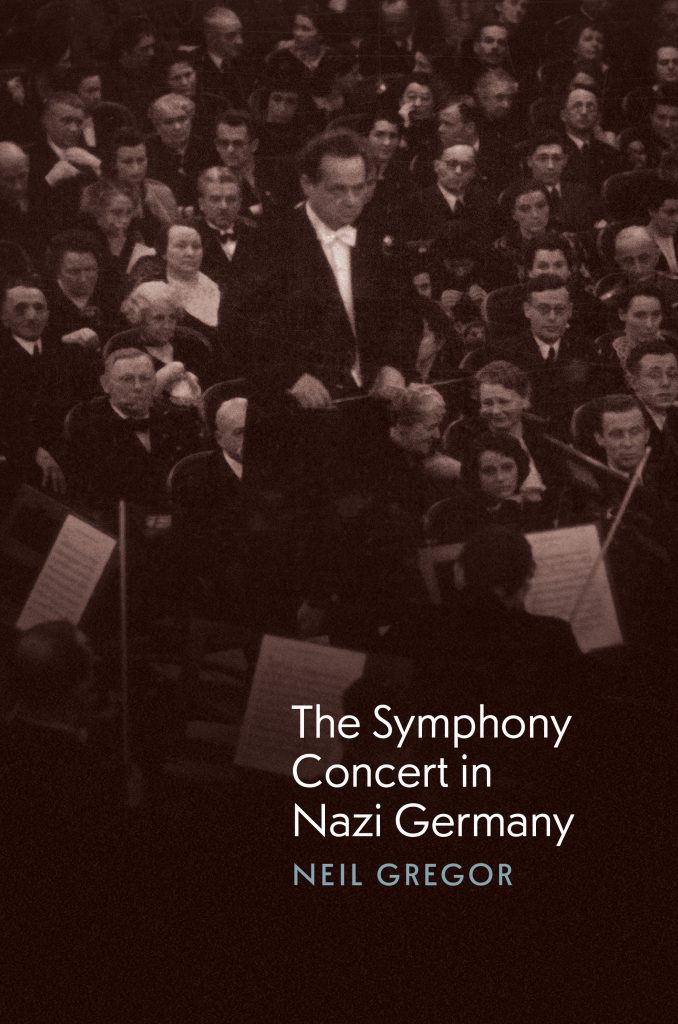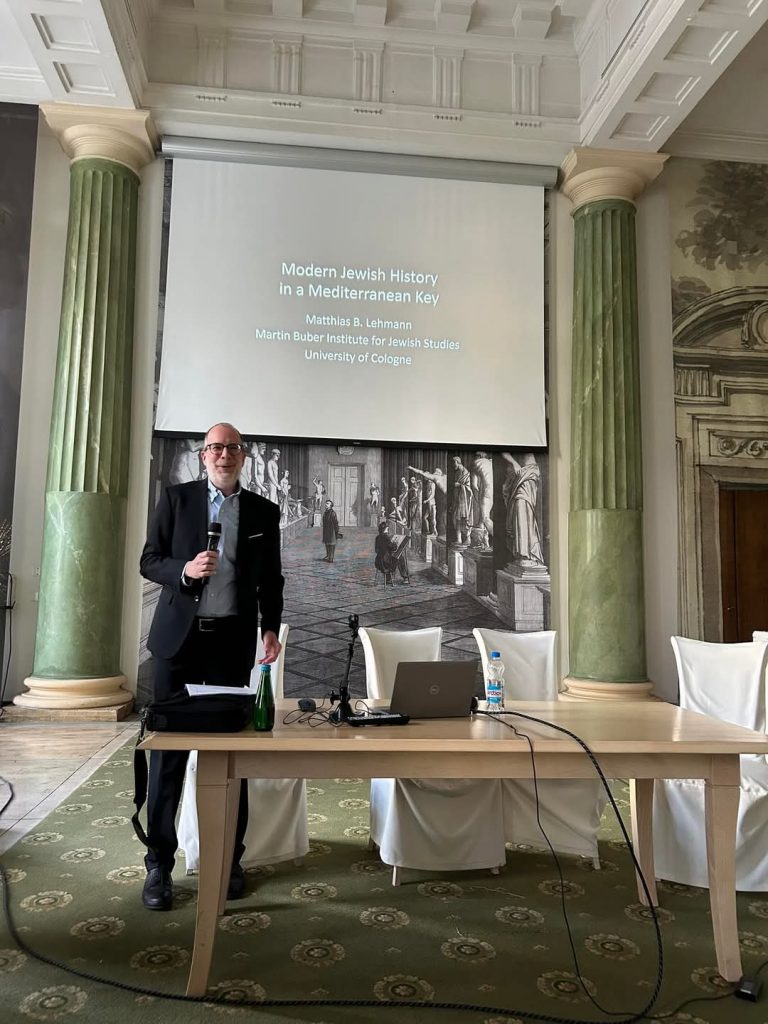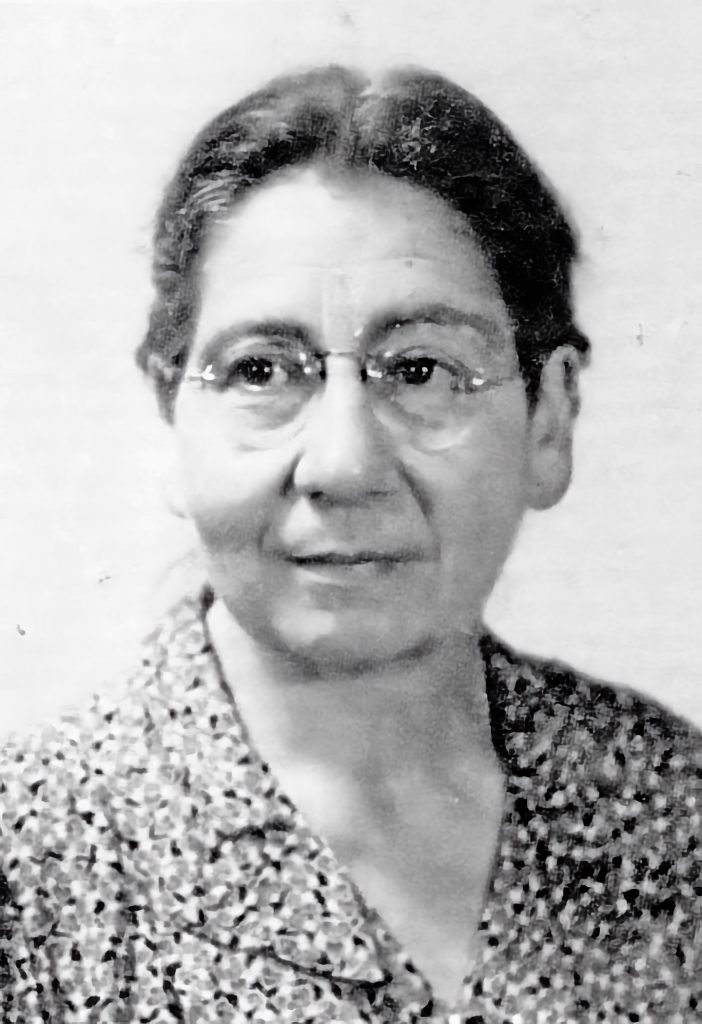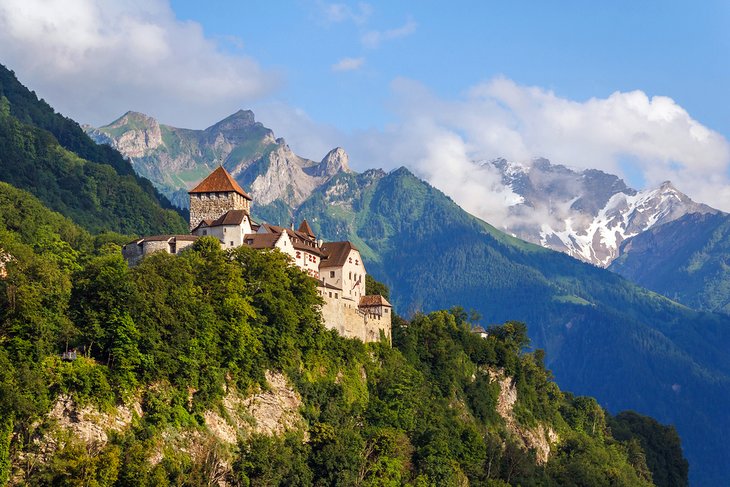
Political Witchcraft
On 13 August, Southampton University hosted ‘Political Witchcraft: Magic and the Politics of Representation,’ an evening of public talks exploring how magical beliefs and practices have been researched, debated, and distorted by various interested parties at different times and places in history.
Continue reading →










